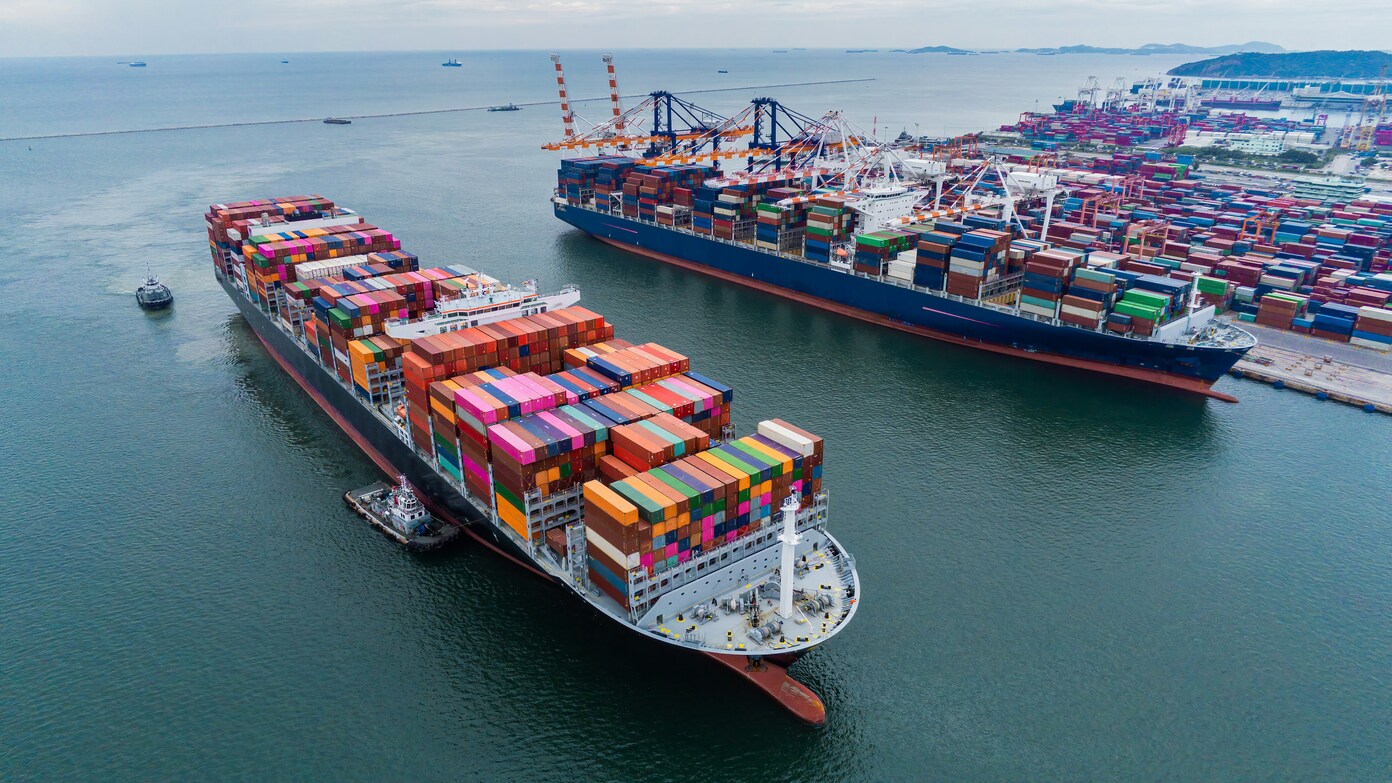Responding to the trade tariffs recently announced by President Trump, China declared on Friday that all imports from the United States will be subjected to a levy of 34%, effective April 10. This comes in direct mimicry of the same 34% tariff President Trump imposed on Chinese merchandise earlier this week under what he called “Liberation Day” tariffs. The purpose of the tariffs, according to Trump, is to counter trade imbalances the US has been facing for a long time due to foreign policy measures like currency manipulation and other market barriers.
While the White House claimed it arrived at the 34% rate based on that total import loss from the aforementioned, economists, along with other foreign nations, questioned the basis for the calculation in determining the tariff. Most nations, including those allied to the US, have said the action amounted to an exaggeration and a threat to the overall world economy.
Rare earth export controls tighten
Besides the retaliatory tariffs, there were also added restrictions from the Chinese Ministry of Commerce regarding rare earth export—these are vital materials used in high-tech devices, military hardware, and clean energy technology. The controlled exports included samarium, used in aerospace manufacturing, and gadolinium, used in medical imaging, such as MRI scans.
Rare earths are materials highly globalized and produced mainly in China. These new restrictions can be sources of direct damage to American industries that depend on rare earths to make their products, namely: electric vehicles, semiconductor manufacturers, and renewable energy equipment.
Restrictions on Food and Trade Find Their Place on the Calendar
Two poultry producers in the U.S.-Mountaire Farms of Delaware and Coastal Processing-China have instituted a prohibition on poultry imports from the two companies, with the stated reason being repeated infringements of the drug furazolidone, which is banned in China. The measure is likely to disrupt the U.S. agriculture sector, which is already battling trade tensions.
In addition, 27 U.S. companies have been put on a restricted list by Beijing, which will also include 16 of those companies that will now be banned from receiving exports of “dual-use” goods from China, i.e. goods that may have a civilian and military use. Between the affected companies are High Point Aerotechnologies, a defense technology company, and Universal Logistics Holdings, a public transport and logistics company.
Read now: Can a president win an election but lose the popular vote?
Trade war has rattled global markets
The markets have not much liked the relaxation of hostilities in the trade war. In the wake of Trump’s original announcement, American stocks suffered their worst one-day loss since the pandemic began. With the announcement of retaliation from China, the downward spiral continued in the Asian and European markets.
Now, with the tariff consequences being unfurled, investors are jittery. Analysts are concerned that the back-and-forth strategies adopted by the U.S. and China may further disrupt the supply chain and cause inflation and loss of consumer confidence.
Read noe
International responses and complaint with WTO
China initiated a formal complaint to the WTO, stating that the Trump administration’s imposition of tariffs is against global trade rules. In the meantime, the U.K. and other nations are slapped with a 10% tariff and have hinted at retaliatory action even though they are allies.
In social media posts, Trump lashed back at China: “CHINA PLAYED IT WRONG, THEY PANICKED-THE ONE THING THEY CANNOT AFFORD TO DO!”
Whether these negotiations will lessen the tension is still uncertain, but for now Americans should expect to pay a higher price for anything produced in China-electronics, and household items beginning on April 10.
Read now: Who is Gavin Newsom, the governor of California and could he be a future president?

